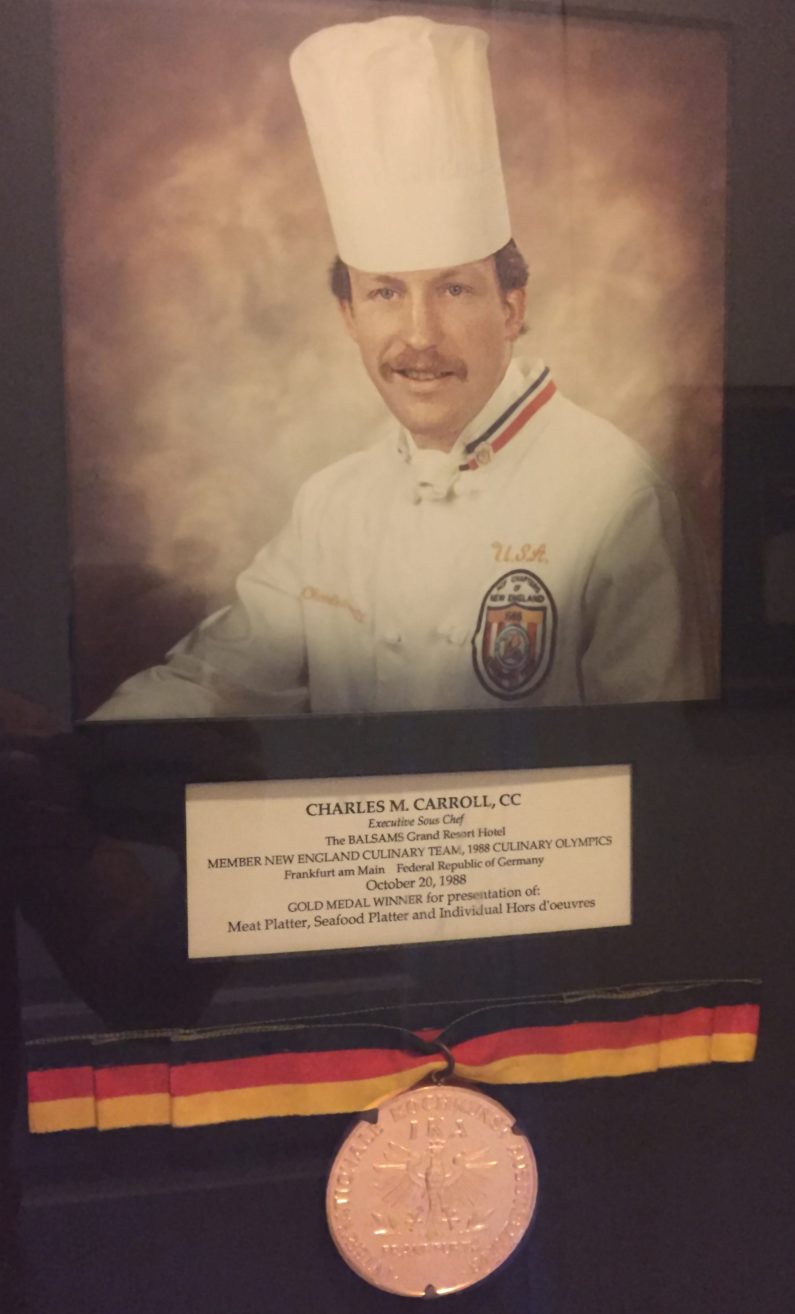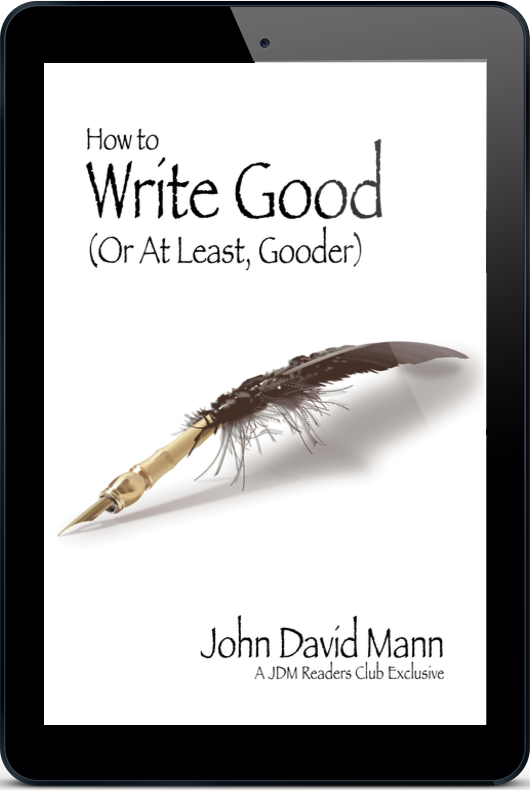Have you ever had someone tell you, “You can’t do that”? How did that make you feel? And what did you do with that?
Have you ever had someone who told you, “You can do anything”? How did that make you feel, and what did you do with it?
While we were working on our book, The Recipe, my buddy Chef Charles Carroll told me about an experience he had as a boy that addressed those questions in a fascinating and revealing way.
When Charles was a senior in high school, he participated in a huge culinary competition in Boston, competing in a professional category for his very first time — and took third place. His own bronze medal!
As you can imagine, this was a very huge deal for him. (Wicked huge, as we used to say in Boston.) He was so excited he couldn’t stand still. When a judge came over to critique his work, Charles tugged on the man’s sleeve and blurted out:
“One of these days, I’m going to win an Olympic gold medal!”
The judge put his hand on Charles’s shoulder and said, “Son, just getting onto the Olympic team is next to impossible. Why don’t you stick with the local events, and just focus on getting a silver next time?” And he moved on to critique the next contestant.
Charles was utterly devastated.
“When you do these competitions,” he says, “typically you’re sleep-deprived by the time the judging happens. You’ve been up for as much as forty or fifty hours getting ready, and now you’re here, and all your emotions are dialed up to 11 — your highs higher, your lows lower.”
And in that moment, hearing that judge’s words, Charles dropped to the lowest low he’d ever felt. His emotional dial plunged to eleven below zero.
Since there was nothing much to do while waiting for the awards ceremony to begin, he started wandering around the floor, trudging from booth to booth, morose and depressed. At one booth he noticed that the chef behind the counter was wearing a gold medal on a ribbon around his neck.
Charles stopped and looked more carefully, just to make sure he was really seeing what he thought. Sure looked like it. He went up to the man and said, “Hey, Chef, is that an Olympic gold medal?”
“Sure is,” said the chef.
Charles asked if he could see it. The man took it off and hung it around Charles’s neck, so he could not only see it but feel it. As Charles ran his fingers over the glossy metal surface, he repeated to the chef what that judge had told him.
The chef said, “Which judge was that, son?”
Charles pointed him out.
“Oh, him,” said the chef. “Don’t worry about him. He doesn’t have an Olympic gold medal himself!”
Then he looked at Charles and said:
“Listen to me, Chef Carroll. You’re doing great. You’re on the right track. You just got a bronze medal in a professional category — and you’re still in high school. Here’s my business card, if you ever need anything. You just stay on the right track.”
Fast forward five years.
Charles, now 24, was on a plane home from Germany, where he had just attended the 1988 culinary Olympics. Around his neck, on a beautiful red, white, and blue ribbon, hung his own shiny, brand new Olympic gold medal. The first, as it would turn out, of many.
Sitting in his plane seat, crossing the Atlantic on his westward journey home, he took out some note paper and penned a note that he would mail when he reached the States:
“Dear Chef — I want to thank you so much for the inspiration you gave me. I’ll never forget it.”
And he attached a snapshot of himself, receiving his first Olympic gold.
“So here’s the question,” Charles said as he wrapped up his story. “Which chef did I send the note to? To the one who’d won an Olympic gold himself, and encouraged me when I was an upset, discouraged teenager to stay on track? Or the judge who told me that I’d never make it?”
His letter went to the second guy. The one who said he shouldn’t even try. That was his inspiration: the one who told him he’d never succeed.
Charles is still proud of that gold medal. But he’s even prouder of the bronze — because that’s where it started, where the road was toughest. As we say in the book:
“The world may applaud when they see you make it across the finish line. What they don’t see is how hard it was just to get to the starting line.”
After telling me this story, Charles paused and added this:
“Inspiration doesn’t always come from moments of triumph or times when everything’s going well. You have to be able to find inspiration in the toughest of times. The world won’t always be supportive. You have to be able to use criticism, failure, naysayers, anything to propel you forward.”
When someone tells you, You can do anything, believe them.
And when someone tells you that you can’t? Don’t bother to reply. Just use it as inspiration.
Then go show them.
The Recipe is available for pre-order now; to see our special Bonus Offer, including my exclusive video interview of Chef Charles on some of the real-life stories behind the book, go to TheIngredientsofGreatness.com.



I love that story. I can relate to it because it’s the naysayers that spurred me on to move 3,000 miles, go to nursing school, graduating with honors and have a 20 year successful nursing career. Some of them never realized their dreams and to this day, still try to correct me every chance they get. But it doesn’t bother me anymore. It makes me feel sad for them.
Their loss; world’s gain! ; – )
I was working right alongside Charles when he won that first gold. There was never any doubt.
My goodness, Paul — I did not realize you guys were both on that team together! Your comment gave me chills. Thanks so much for chiming in. Honored to have you here!
Participate in Olympic and Paralympic sports and converse with medal winners, coaches, and their Sports Psychologist counterparts to understand the critical skills necessary to radically improve agility, resilience, and high performance.